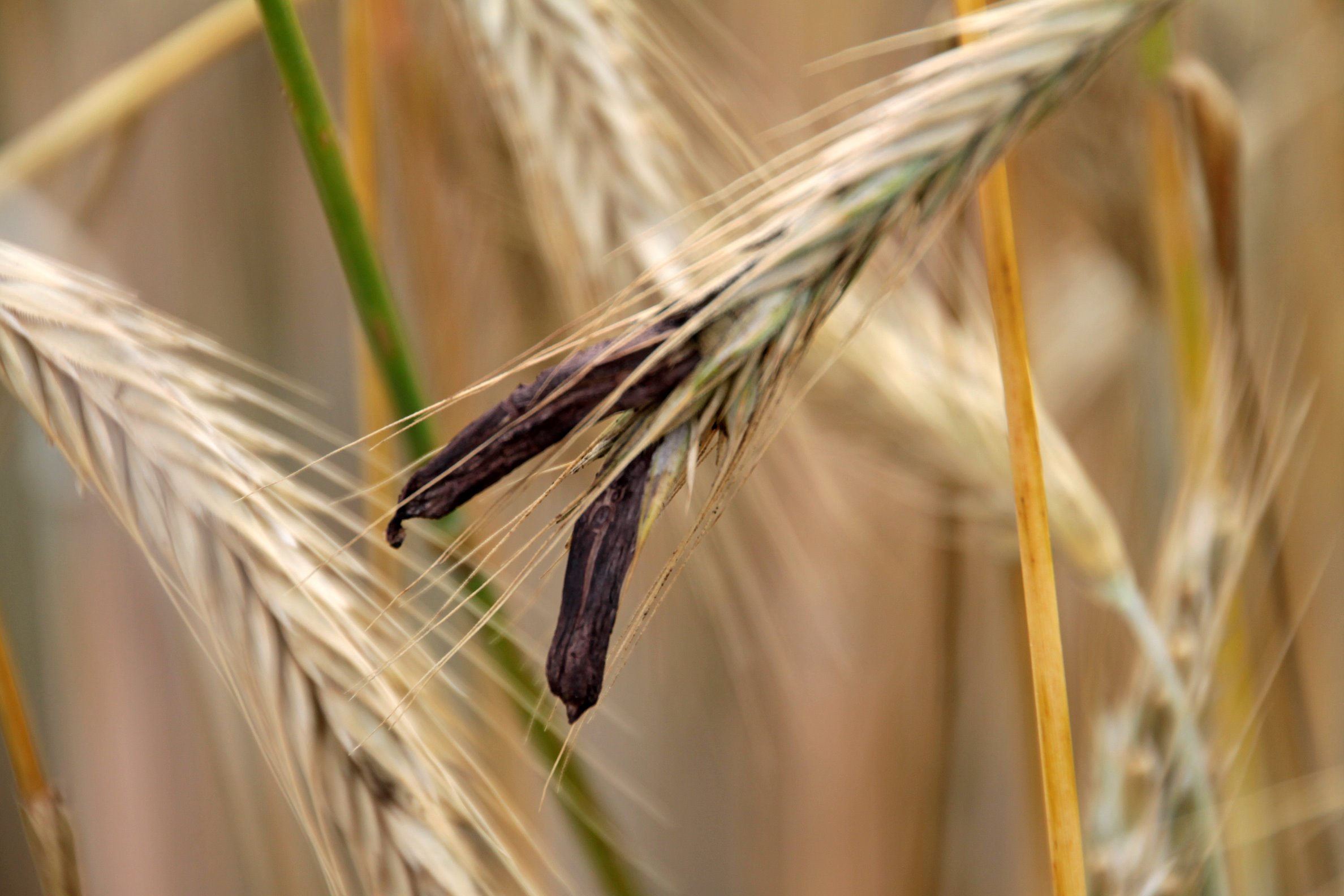10 simple tips for a healthy diet in everyday life A healthy diet is the key to a long and fulfilling life. …

The recent Govinda Natur recall is a striking example of how important it is to have control over our food. The company recently had to recall a batch of its“Govinda Natural Teff Flour” because it was contaminated with tropane alkaloids.
For those of you who don’t know: Tropane alkaloids are natural toxins that occur in some plant species and can cause health problems.
This incident is more than disturbing and should make us all rethink our eating habits. If we grind our own flour, we can avoid such surprises.
Grinding our own flour ...
… also has many other advantages. It allows us to use fresher flour that has more nutrients and flavor.
We have control over the quality and origin of the grains we use.
And it gives us the opportunity to experiment with different types of grain and add variety to our diet.
Let us see the recall as a reminder that we live in a world where we cannot always trust that what is on the packaging is actually in the product. We must not only take care of our health, but also take responsibility for the quality of our food.
Grinding your own flour is not only an act of self-protection, but also an act of resistance against a system that prevents us from taking control of our diet.
Freshly milled flour is a sign of care, commitment and love for good food. It is a step towards a more conscious diet.
Grinding flour is a small step towards more independence and self-determination.
One step, a stronger connection to our food again, a step in the right direction.
It pays off!
Tropane alkaloids are natural plant substances that occur in a variety of plants, especially in nightshade plants such as henbane, datura and belladonna. More than 200 different tropane alkaloids are known, such as atropine and scopolamine. Plants produce tropane alkaloids to protect themselves from predators (e.g. insects). These alkaloids are also toxic to humans.
Plants such as datura also grow in cereal fields. When the grain is harvested, these plants are also harvested. This means that seeds from plants that produce tropane alkaloids can get among the cereal grains. There are ways of sieving out foreign seeds, but if the seeds are roughly the same size, this is not always completely successful. These foreign seeds are then found in the cereal products and lead to measurable levels of tropane alkaloids. The basic aim in agriculture is to avoid these foreign plants in the field.
Symptoms of poisoning can occur quickly (5 to 30 minutes) after ingesting tropane alkaloids. Poisoning symptoms of these substances are mainly dryness of mucous membranes (reduced salivation, dry mouth), skin dryness and redness, possibly pupil dilation, in higher quantities drowsiness, visual disturbances, palpitations, disorientation and hallucinations.
Based on the EFSA assessment from 2018, the European Commission considers the presence of tropane alkaloids, in particular atropine and scopolamine, to be a health concern. For this reason, Regulation (EU) 2023/915 sets maximum levels for certain cereals, products made from them and herbal teas.
Sources: Bavarian State Office for Health and Food Safety (LGL)
https://www.lgl.bayern.de/lebensmittel/chemie/kontaminanten/tropanalkaloide/index.htm
10 simple tips for a healthy diet in everyday life A healthy diet is the key to a long and fulfilling life. …
Everyone loves the smell of freshly baked bread. So tempting that you want to cut a slice right away. But where does …
What is the difference? White flour:When the bran, i.e. the marginal layers, and the valuable germ are removed from the grain, we …
Hello and greetings! Also in the life of a mouse it is important to be always up to date and well informed. …
Address:
Gasteigweg 25,
5400 Hallein
Austria
Opening hours:
Monday to Thursday: 09 – 16:00
Friday: 09 – 12:00
Contact:
Phone: +43 6245 83282
E-Mail:
info@agrisan.at



